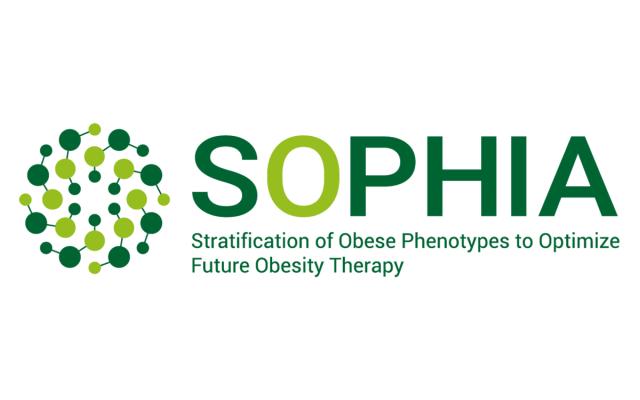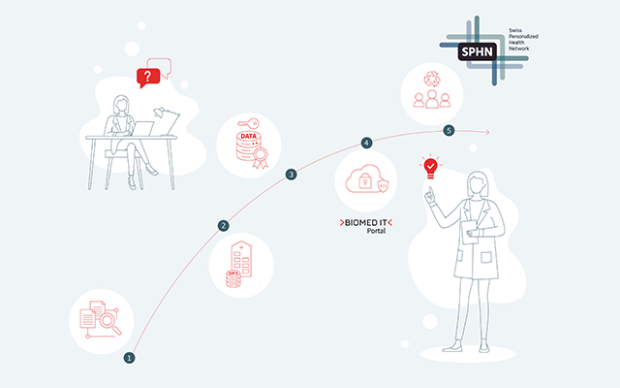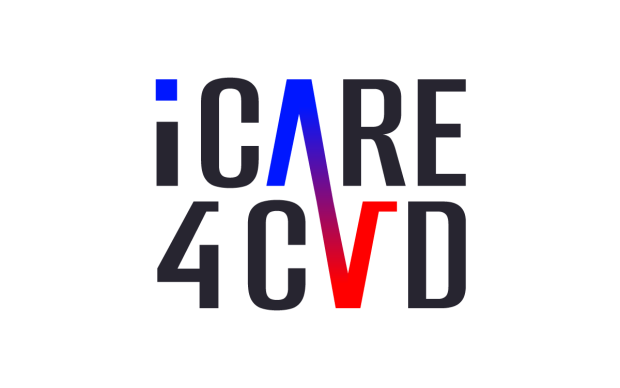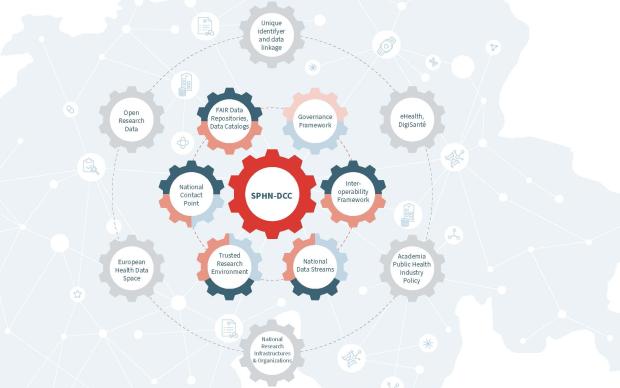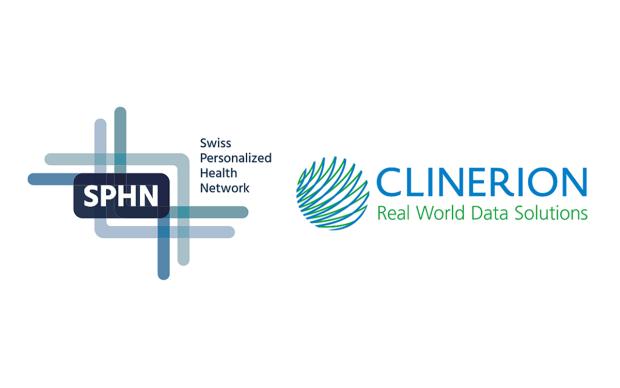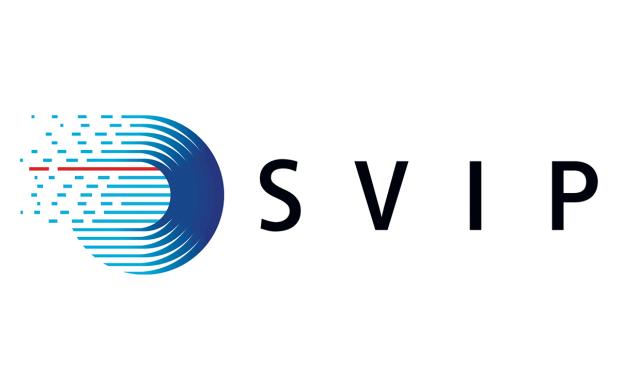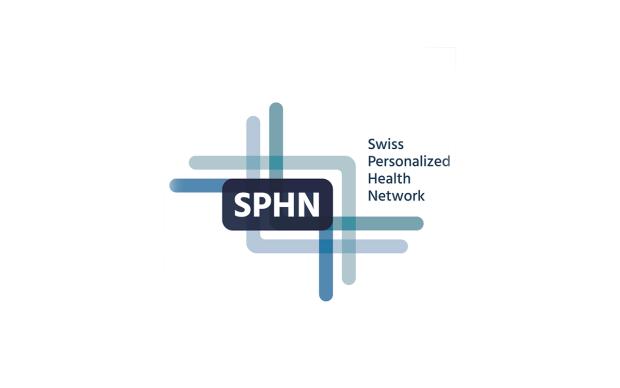SIB is joining the international, public-private research consortium ‘SOPHIA’ (Stratification of Obese Phenotypes to Optimize Future Obesity Therapy), which aims to improve risk assessment of complications of obesity and predict treatment response for people with obesity. Two SIB Groups will be lending data management and analytical expertise to the project: Vital-IT, led by Mark Ibberson and the Statistical Genetics Group, led by Zoltán Kutalik at the University of Lausanne.
Obesity is a global pandemic currently affecting around 150 million people in Europe and 650 million people worldwide. Obesity complications are common but we cannot yet predict who will develop any of the 200 known complications of obesity. Moreover, there are insufficient predictors for who will respond to obesity treatments. SOPHIA will identify, characterise and stratify clinically-meaningful subpopulations of patients living with obesity to match the right treatment for the right person at the right time.
“SIB will play a central role in the project by federating multiple obesity cohorts across Europe, including the Swiss CoLaus study, to predict patients’ complications and response to treatment”, says Mark Ibberson, Director of SIB’s Vital-IT Group. The Statistical Genetics Group, led by Zoltán Kutalik (University of Lausanne) will be contributing with data analysis and statistical expertise.
The €16 million in funding for this 5-year project has been granted from the Innovative Medicines Initiative (IMI) - a joint undertaking of the European Commission and the European Federation of Pharmaceutical Industries and Associations (EFPIA); JDRF (formerly the Juvenile Diabetes Research Foundation); the Obesity Action Coalition; and T1D Exchange.
Read the press release


